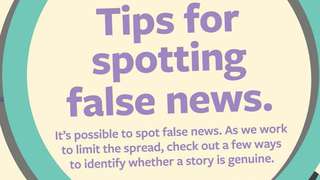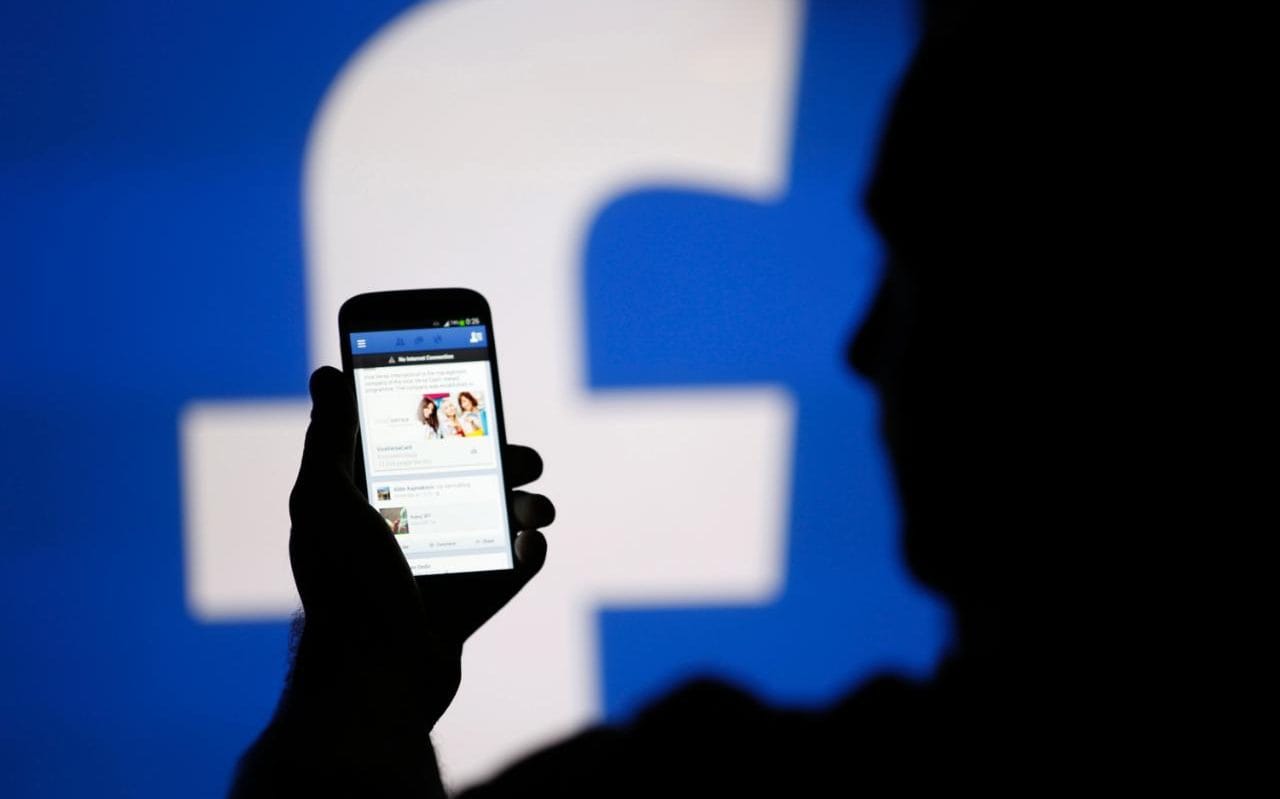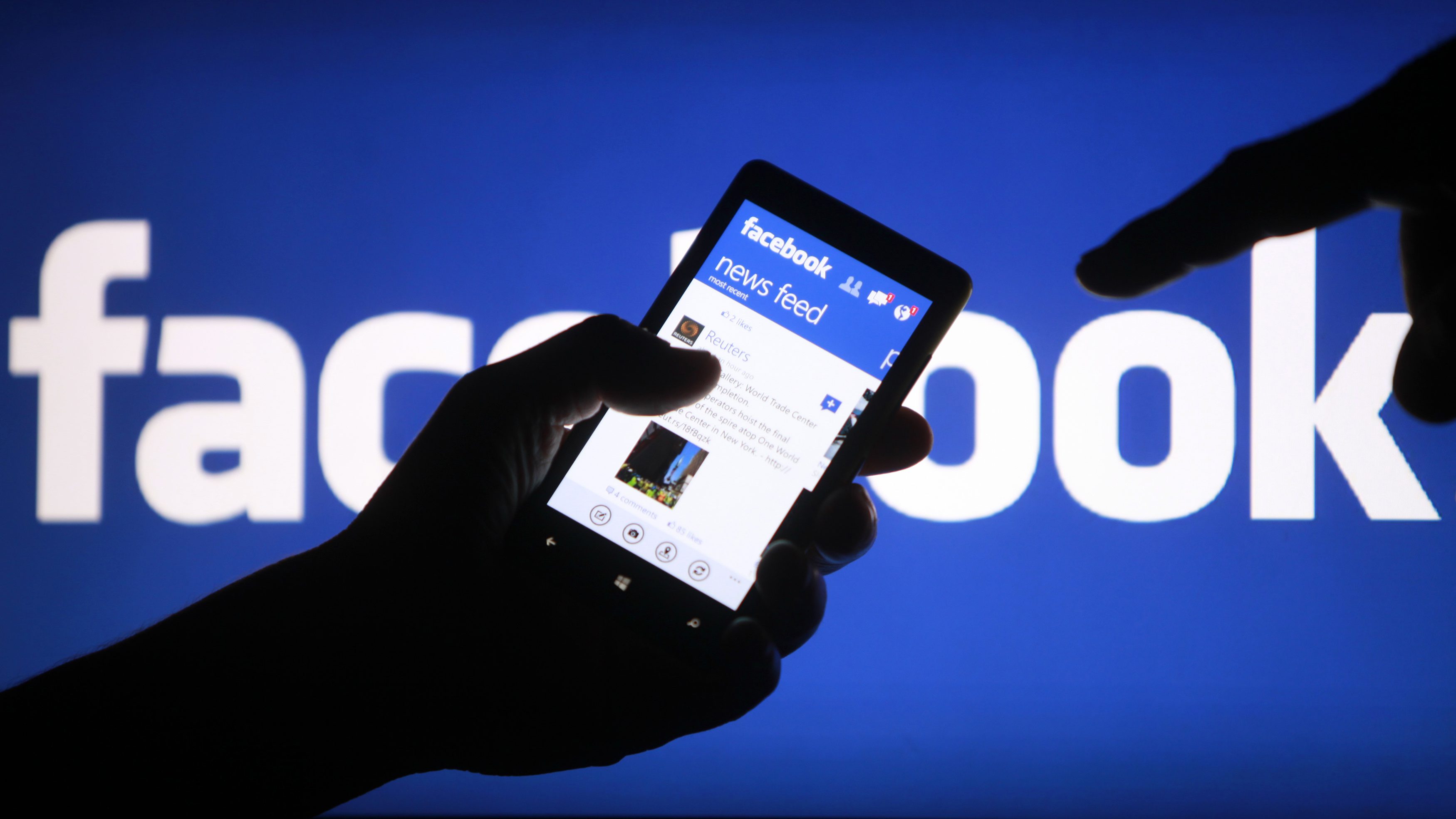Facebook starts taking steps to fight the fake news menace

Facebook has launched an offline campaign in local English newspapers in India educating readers on how to identify ‘false news’ which has become an epidemic on its platform.
Amidst criticism that the world's largest social media platform is not doing enough to contain the spread of fake news, Facebook has launched an offline campaign in local English newspapers in India educating readers on how to identify ‘false news’ which has become an epidemic on its platform.

India has the largest base of users for Facebook and its instant messaging service WhatsApp in the world. Over 241 million people in India are on Facebook while WhatsApp has over 200 million users in the country.
With hundreds of millions of users accessing its platforms on a daily basis, several people have begun questioning Facebook’s inability to curb the fake news problem.
Fake news indicates intentional malice but the false news could be an unintentional mistake as well. The second thing is that they’ve not mentioned Facebook or WhatsApp anywhere in the ad, probably not wanting to make the connection that Facebook is a vehicle of false newsKarthik Srinivasan, National Lead for Social at Ogilvy & Mather

A full-page advertisement in Hyderabad’s Deccan Chronicle newspaper on Friday gave readers ten tips to spot false news. The ad, which had an informational format rather than a creative one, pointed out the basics such as checking for other sources and inspecting dates to identify fake news. The ad also appeared in the Telegraph and the Indian Express.
Apart from a single Facebook logo on the left-hand top corner of the page, the advertisement doesn’t mention Facebook or WhatsApp. The format of the ad is similar to an ad Facebook posted in UK newspapers in May. Facebook has run similar campaigns in other countries as well as in the digital format on its own platform.
“Fake news indicates intentional malice but the false news could be an unintentional mistake as well. The second thing is that they’ve not mentioned Facebook or WhatsApp anywhere in the ad, probably not wanting to make the connection that Facebook is a vehicle of false news,” said Karthik Srinivasan, National Lead for Social at Ogilvy & Mather.
Srinivasan adds that the company’s strategy is akin to washing its hands off the problem of fake news instead of trying to build a narrative that being a big brand it is trying to educate users on the problem of fake news.


